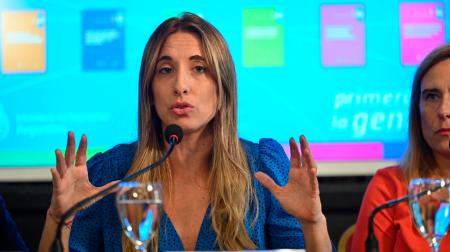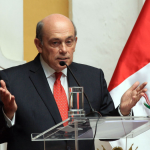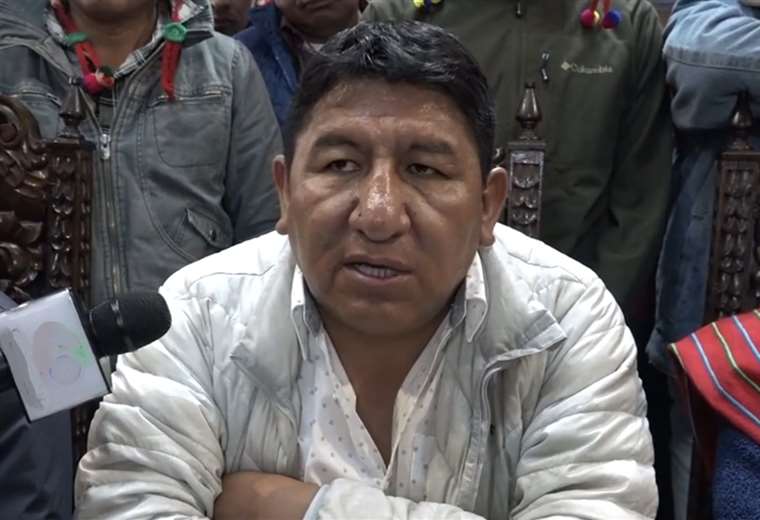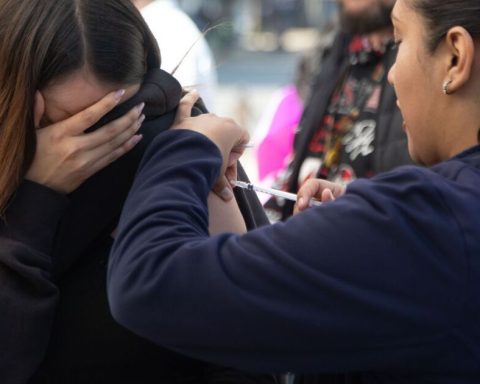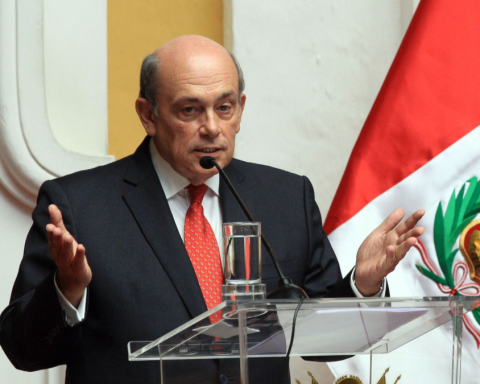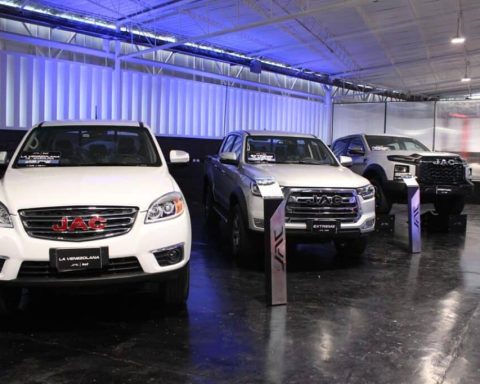The Secretary for Climate Change, Sustainable Development and Innovation, Cecilia Nicolini, called this Tuesday to “debate on the great challenges we have to face the climate crisis” and highlighted the potential that Argentina has to make transitions towards green energies.
Nicolini spoke during the opening of the Climate Action Week, which will take place next Friday at the Casa Patria Grande “Néstor Kirchner”, in the City of Buenos Aires.

The official pointed out the realization of workshops, meetings, conservatories and various spaces for debate and stressed that “nothing more interesting than doing it with those who are defining their policies, not only from the national government but also from different subnational agencies, ministries, the private sector, environmental associations and indigenous peoples.”
The proposal promoted by the Secretariat for Climate Change, Sustainable Development and Innovation within the framework of the National Climate Change Cabinet will be carried out until this Thursday and is a space that proposes to install in the public debate the importance and urgency of addressing the challenges that raises climate change in the country, as reported.
4 days of meetings organized together with ministries and different organizations await us, where we will address issues such as:
? Citizen participation
? Energy transition
?♀️ Fair labor transition
? Gender and climate action
? Early warning systems pic.twitter.com/ly70s5yYuo
— Cecilia Nicolini ? (@cecilianicolini) October 25, 2022
In this sense, he highlighted the importance of thinking and discussing “the great challenges we have to face the climate crisis.”
Nicolini pointed out that it was thought “to arm this week with those issues that matter most to us to work on the transitions that we have to make as a country and the energy transition is a fundamental axis where it is indisputable that the participation of all sectors has to be present ” .

In addition, he argued that said energy transition “We see it as a great development opportunity for Argentina, not only do we have a collection of natural resources, human talent, technical capacities, but also the possibility of transitions that we can give at the national level, we can also work at the regional level. and at a global level”.
On the other hand, Nicolini said that this week they will also meet at the Cultural Center of Science with the private sector to launch an agreement for climate action and accompany the development of companies of different sizes and sectors, to work on these transitions with the objective of achieving “one of the goals that we have as a country and at a global level, which is to achieve carbon neutrality in the year 2050”.

At this point, he added that there is another consensus, which is that “We cannot produce and consume as we did 20, 30 or 40 years ago.” And he maintained that the most difficult thing is “how we reach those goals.”
“We have a reality that allows us to think about climate policy beyond a government goal, but rather as a state policy and we are convinced that all of this is done by working with all citizens, with all sectors, with all government agencies at the national and subnational levels,” he asserted.

For Nicolini, regional integration “is a great opportunity because, as we know from the global south, our countries have something in common, which is that historically we have contributed less to this situation of climate crisis, but we are one of the regions that is most affected by these impacts above all due to the vulnerability of our peoples who are most exposed to climate threats”.
Finally, he stressed the importance of strengthen regional integration by betting on “multilateralism, overcoming solidarity, especially in Latin America and the Caribbean” because “I think we can find answers to this great crisis that we are all experiencing.”

The Climate Action Week activities will be broadcast live through the channel YouTube of the Ministry of Environment and Sustainable Developmentand focus on different key issues for the country’s transition to a sustainable development model, including: energy transition, comprehensive risk management, mechanisms for citizen participation in environmental issues, the role of youth in the face of change climate change, articulation with the gender and diversity perspective, and the design of monitoring tools.
Parallel to the activities at the Casa Patria Grande, this Wednesday, October 26, an event will be held at the Cultural Center of Science (Godoy Cruz 2270, CABA) together with representatives of the private sector, to promote agreements and lines of work between the public sector and the private sector that allow achieving the national climate goals by 2030 and developing a low-carbon productive activity that is resilient to the effects of climate change.

Similarly, representatives from different Latin American and Caribbean countries will meet to work on policies and share experiences on initiatives for the sustainable development of cities at the City Academy event, organized by Urban Shift, a platform of the United Nations Program for Environment (UNEP), with the support of the Ministry of Environment and Sustainable Development.
